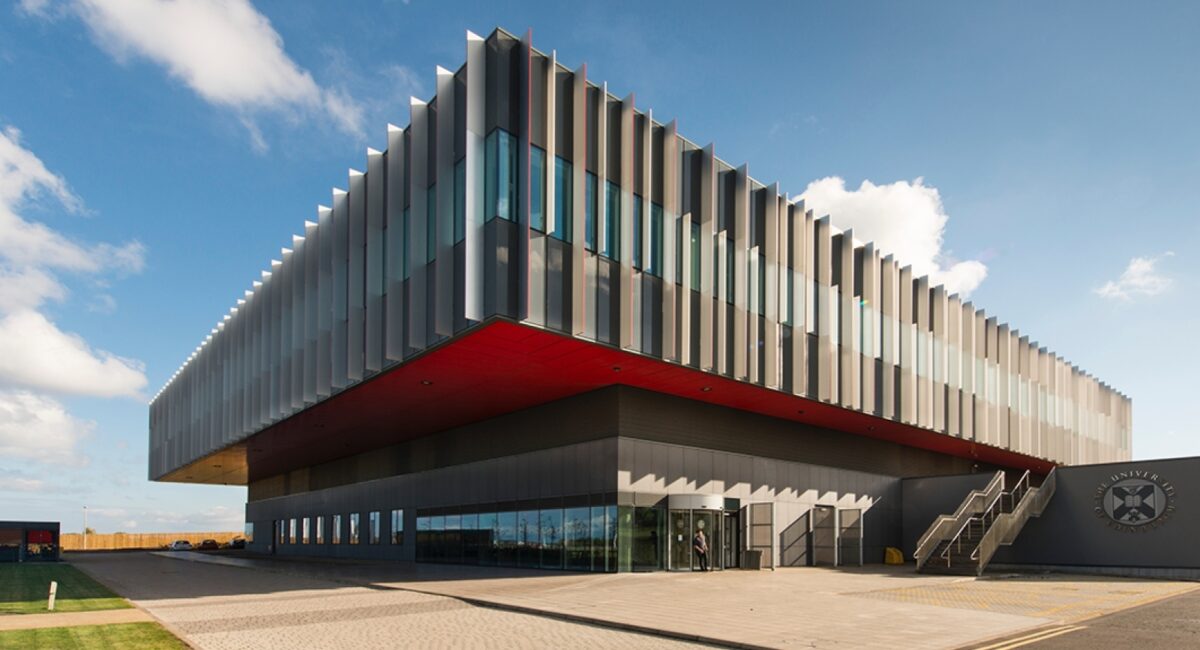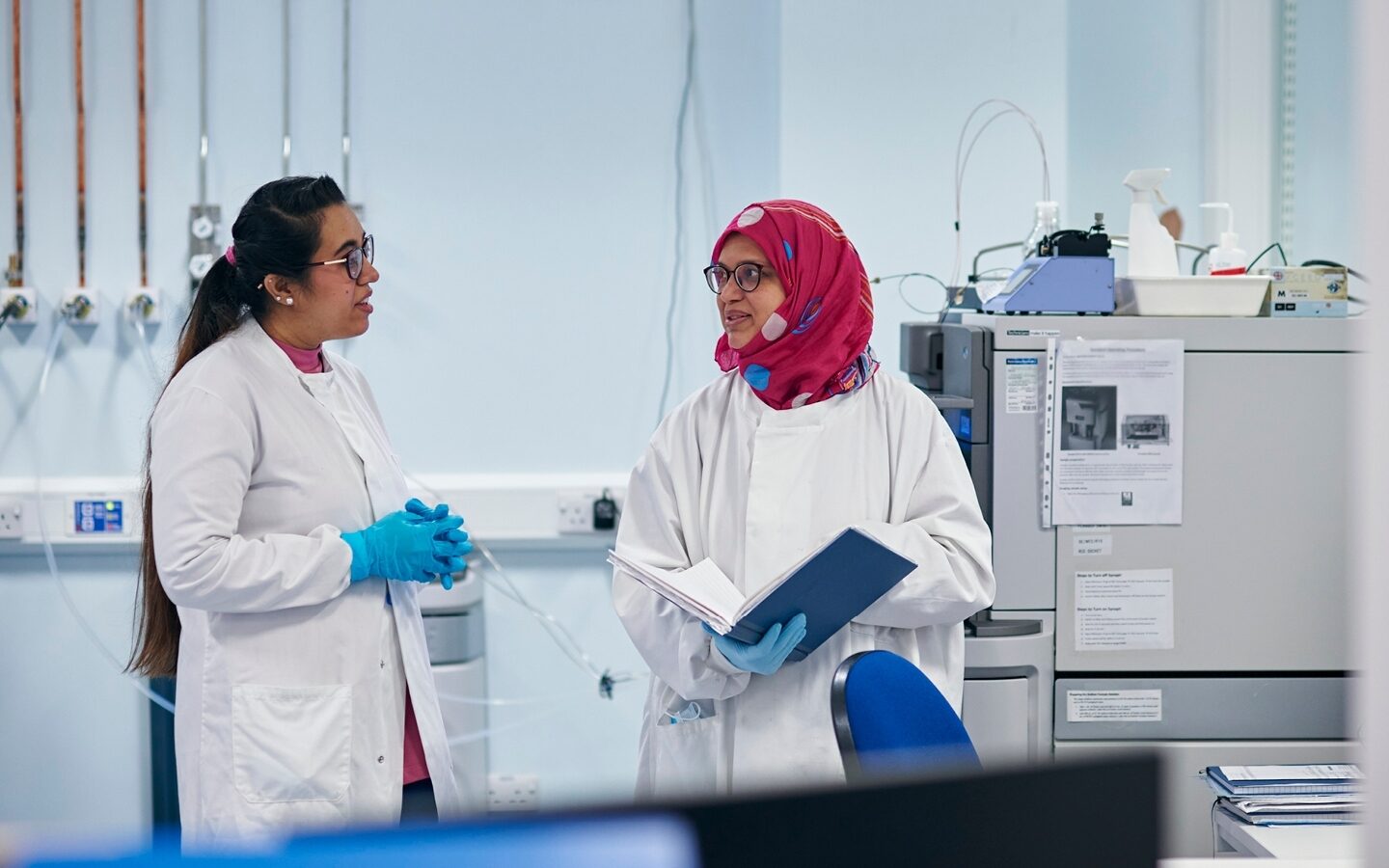
Scottish scientists were at the SynBioBeta global life sciences conference in San Francisco in May to showcase world-class research and expertise in an area of crucial importance to the economy. We have much to be proud of, writes Dr Susan Bodie, Head of Business Development for the College of Medicine and Veterinary Medicine at Edinburgh Innovations
The University of Edinburgh is conducting cutting-edge research in liver disease, inflammation, single cell engineering and cell therapies. Glasgow has the Precision Medicine Scotland Innovation Centre; there’s drug discovery in Dundee; the Rowett in Aberdeen. We can track patients consistently and our data-driven approach underpins an essential pathway from bench to bedside.
But to compete with Boston, San Francisco or the UK’s golden triangle of Oxford, London and Cambridge, where translating research into economic and societal benefit happens on a far larger scale, now is the time to make some essential improvements. And, more bluntly, if our new First Minister wants to hit the ground running, here are four ways to help Scotland accelerate towards a modern, highly-trained, high-wage economy.
Firstly, baseline funding. Innovation is risky business; England has support from the National Institute for Health and Care Research to fund and enable R&D including clinical trials and the US has the National Institute of Health. To compete, Scotland should have similar. Scottish universities need to use their seat at the Medical Research Council and UK Research and Innovation tables to shape opportunities and be ready for funding calls with an interdisciplinary, one-university approach.

Secondly, relationships between industry and academic scientists need nurturing. Conferences are fewer since Covid, and flying is unsustainable, but we need to introduce scientists, support their meetings, and facilitate co-working. Academia is seen as pure knowledge and industry as pragmatic, but innovation is where our motivations meet, in the desire to get research out into the world, where it can make a difference. Co-creating research helps ensure the right experiments are designed and carried out for eventual translation into industrial and clinical practice, and scientists could co-produce research papers. Collaboration is hard, but it can pay dividends for both sides.
Thirdly, we need to build a better ecosystem. In Oxford and Cambridge, labs, companies and academia co-exist in a physical space. Edinburgh BioQuarter is an ambitious start, but there is still a problem of space for life sciences startups in Scotland and we risk losing our home-grown companies. Scotland is a great place to live with a high quality of life. This is now much more important to the workforce and can be leveraged to attract top tier talent and employers. Let’s bring companies here, and keep our graduates with jobs.
Lastly, continue doing brilliant research! Having to compete with better-networked colleagues means our science has a higher bar to reach – let’s equip it for take-off.
This article was first published in the Times Thunderer

We make it easy to access the University of Edinburgh's multi-disciplinary expertise by matching your needs to the latest research, new technologies and world-class facilities.